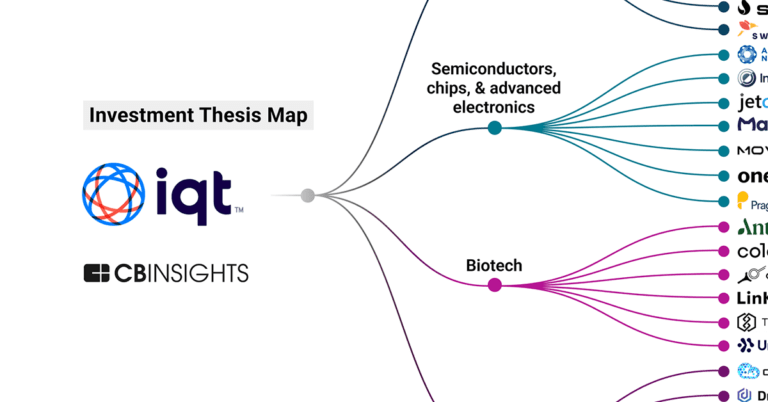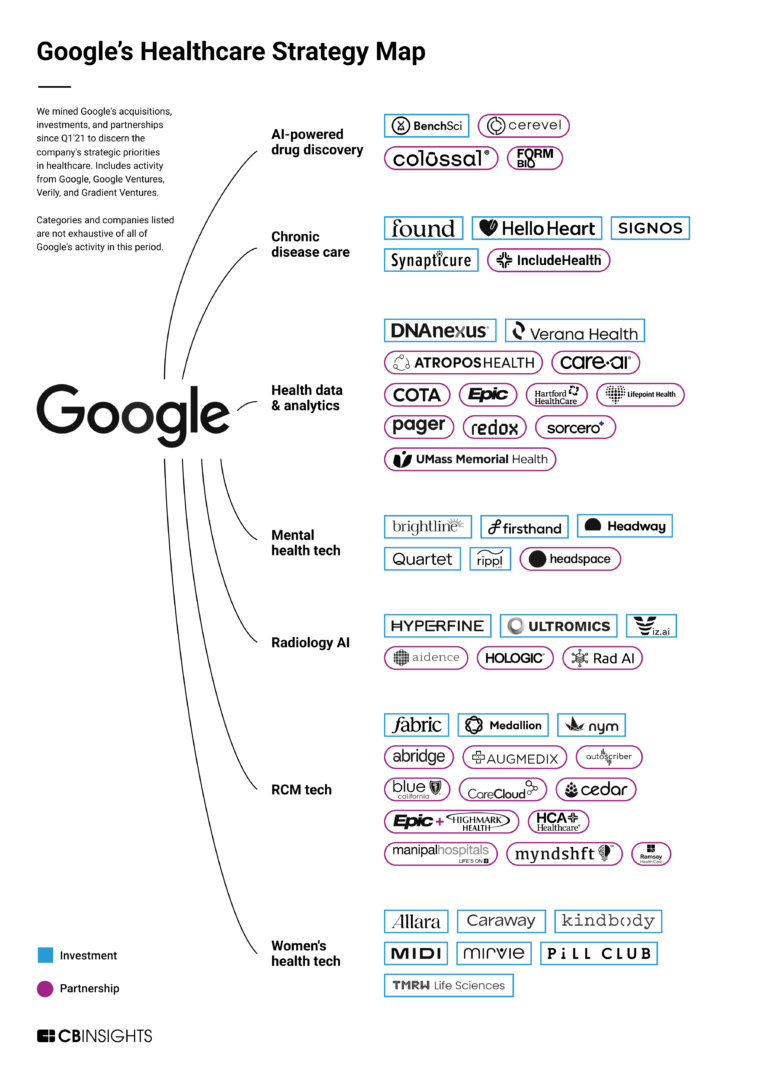
Colossal
Founded Year
2021Stage
Series B - II | AliveTotal Raised
$237.6MLast Raised
$12.6M | 2 mos agoMosaic Score The Mosaic Score is an algorithm that measures the overall financial health and market potential of private companies.
+11 points in the past 30 days
About Colossal
Colossal specializes in bioscience and genetic engineering focused on genomics and species de-extinction. The company leverages CRISPR technology to resurrect extinct species, starting with the woolly mammoth, and to protect critically endangered species and ecosystems. Colossal's efforts aim to restore Earth's biodiversity and advance the field of genetics for future sustainability. It was founded in 2021 and is based in Austin, Texas.
Loading...
Loading...
Research containing Colossal
Get data-driven expert analysis from the CB Insights Intelligence Unit.
CB Insights Intelligence Analysts have mentioned Colossal in 2 CB Insights research briefs, most recently on Jul 26, 2024.
Expert Collections containing Colossal
Expert Collections are analyst-curated lists that highlight the companies you need to know in the most important technology spaces.
Colossal is included in 1 Expert Collection, including Unicorns- Billion Dollar Startups.
Unicorns- Billion Dollar Startups
1,244 items
Colossal Patents
Colossal has filed 1 patent.

Application Date | Grant Date | Title | Related Topics | Status |
|---|---|---|---|---|
1/29/2024 | Application |
Application Date | 1/29/2024 |
|---|---|
Grant Date | |
Title | |
Related Topics | |
Status | Application |
Latest Colossal News
Jul 13, 2024
Colossal Jul 13 2024 Colossal, the de-extinction company, announces that the mRNA vaccine it helped to provide research support and acceleration funding for has been administered to the first elephant in captivity. Image Credit: Colossal Elephant endotheliotropic herpesvirus (EEHV) is the number one killer of Asian elephant calves living under managed care in North America and Europe and significantly impacts free-ranging populations of Asian elephants as well. Recent EEHV related deaths in several African elephants in the US have now raised concerns about EEHV in this elephant species, as well. The ground-breaking work will help with efforts to generate EEHV vaccines for both species of elephants. The pioneering work of Dr. Paul Ling at the Baylor College of Medicine began in 2009 with a partnership with Houston Zoo where they developed better tools to detect and manage the elephant endotheliotropic herpesvirus (EEHV) associated disease. In the past few years, progress on the development of the vaccine accelerated, in part due to the involvement of Colossal. Colossal supported our efforts to work on an mRNA solution approach. It quickly became evident that the mRNA solution was going to be feasible, so we prioritized implementation of that approach. We are much further along today than we would have been without Colossal’s scientific support, research teams and funding.” Dr. Paul Ling, Professor at the Department of Microbiology and Virology at Baylor College of Medicine EEHV can cause lethal hemorrhagic disease and is often associated with massive levels of virus in multiple organs. The EEHV mRNA vaccine is designed to expose elephants to viral proteins critical for attachment and entry of the virus into host cells, thereby enabling induction of an immune response to block these processes, and help elephants control viral growth and prevent lethal disease. The initial EEHV vaccine is specific for the EEHV1A strain of the virus, which causes the majority of lethal infections in Asian elephants. It is envisioned that the mRNA vaccine platform can be easily modified to express similar viral proteins for other EEHV strains, including those that circulate in African elephants, in the future. Extensive preclinical trials of the mRNA vaccine have been conducted and the results show that it can induce antibodies against the virus without adverse impacts. The vaccine was recently approved by multiple entities involved in overseeing use of experimental products to be applied to elephants. The Houston Zoo approved the vaccine for their managed community, and they have inoculated 40 year old Asian elephant, Tess. Over the next few weeks, animal care experts and veterinary staff will closely monitor Tess to learn how effective this vaccine is for elephants. Upon the successful outcome from this first vaccination, the zoo plans to vaccinate additional animals under its care. Related Stories Following encouraging results from the initial vaccine trials, the vaccine will begin to be offered to more facilities–especially those with vulnerable young elephants. In the next three to five years, Dr. Ling hopes that this vaccine will be applied to the broad population of elephants under human care, worldwide. Following that, the team would look to applications with animals in the wild. This represents a massive step forward for the protection of elephants globally, and a huge step forward for science. “I’m glad we could help accelerate and shorten this multi-decade journey with EEHV. We felt that there was not enough advanced technology or funding going into this work. And, yet the science necessary to stop animals on the brink of extinction from dying must be our priority,” said CEO and co-founder of Colossal Ben Lamm. “Elephants are incredibly intelligent keystone species that are critical to their ecosystems and worth saving. What Dr. Ling and our team have done in the past few years is incredible and we are thrilled that our partnership was essential to making this happen.” Colossal’s advanced technology tools, research support, and funding help to accelerate the vaccine development and deployment, in part because of Colossal’s early role using its proprietary AI computational technologies to sequence the Asian elephant genome, which provided additional important information to evaluate responses to the vaccine. “In my 15 years caring for elephants, I have witnessed elephants battle EEHV time and time again. I even lost a juvenile elephant under my care. It was among the most excruciating moments of my career” said Colossal’s Chief Animal Officer Matt James. To be able to get a vaccine into the world that can stop that sort of senseless loss means everything to me. This is why I joined Colossal. I know we can work faster, and smarter, to save species on the brink of extinction: this is proof.” Colossal believes that everyone must work together, quickly and efficiently, to stop the coming extinction crisis. Conservation of the past has helped, but without the integration of advanced scientific developments and faster timelines to completion, we will fail to save important species. Today, we are one step closer with elephants; there are so many more species to go. Source:
Colossal Frequently Asked Questions (FAQ)
When was Colossal founded?
Colossal was founded in 2021.
Where is Colossal's headquarters?
Colossal's headquarters is located at 1401 Lavaca Street, Austin.
What is Colossal's latest funding round?
Colossal's latest funding round is Series B - II.
How much did Colossal raise?
Colossal raised a total of $237.6M.
Who are the investors of Colossal?
Investors of Colossal include At One Ventures, Jazz Venture Partners, Climate Capital, Animal Capital, Breyer Capital and 29 more.
